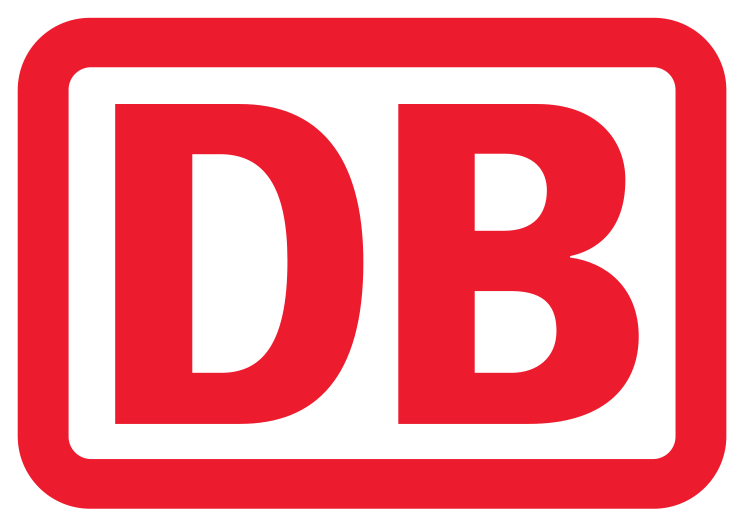Agile controlling
Planning and control in a dynamic environment

Contents
Intro: Thinking framework for agile controlling
- Definition of key terms and agile principles in controlling.
- Relevance of data-based decisions in dynamic environments.
- Change in the controllers: from reporter:in to business partner.
Understanding the dynamic environment
- Challenges posed by VUCA, Green Deal, technology, markets.
- Decision paralysis due to data overload and lack of governance.
- Why resilience and adaptability are becoming vital in controlling.
Agile decision support in practice
- Utility value analysis: systematic decision-making in complex situations.
- Scenario analysis: developing robust strategies under uncertainty.
- Simulation and driver logics to support agile planning and control.
Data as a raw material for agile controlling
- Presentation of methods including customer and employee centricity for typical controlling processes.
- Integration of the methods into the controlling cycle.
- Recording the needs of all relevant stakeholders.
Reports with impact - from information to action
- Decision-maker-centered report formats.
- Storytelling with numbers: Content, relevance, impact.
- Real-time capability, visualization and interactivity.
Roles, attitude and further development
- The modern controller as a sparring partner, analyst and enabler.
- Competence profiles for agile controlling.
- Requirements for leadership, cooperation and self-image.
Understanding and shaping change - controlling as a driver of transformation
- Why controlling is not only affected by change, but must actively shape it.
- Fundamentals of successful change management: clarity, communication, commitment.
- The contribution of controlling to the acceptance of change in the company.
- Dealing with resistance: From payer to enabler.
What's next?
- Assess maturity level and identify potential for change.
- First steps on the way to agile controlling.
- Derive sustainable anchoring and quick wins.
Learning environment
Your benefit
- You will recognize how agility can be put into practice in controlling - even without buzzwords.
- You will learn how to make uncertainty manageable through scenarios, simulations and data-based planning.
- You will experience how ChatGPT & Co. can make reporting more efficient.
- You identify clear requirements for controllers in transition.
- You reflect on your own organization and develop concrete action steps.
Methods
Practice-oriented training, workshop, application of agile methods, case studies & exchange of experience
Recommended for
controllers, risk managers, specialists and executives, project managers, people responsible for planning, budgeting and reporting, IT service, experts experts
30538
Start dates and details
Monday, 20.04.2026
09:30 am - 5:30 pm
Tuesday, 21.04.2026
09:00 am - 5:00 pm
- one joint lunch per full seminar day,
- Catering during breaks and
- extensive working documents.

Wednesday, 08.07.2026
09:30 am - 5:30 pm
Thursday, 09.07.2026
09:00 am - 5:00 pm

Thursday, 19.11.2026
09:30 am - 5:30 pm
Friday, 20.11.2026
09:00 am - 5:00 pm
- one joint lunch per full seminar day,
- Catering during breaks and
- extensive working documents.
 4.3
4.3







